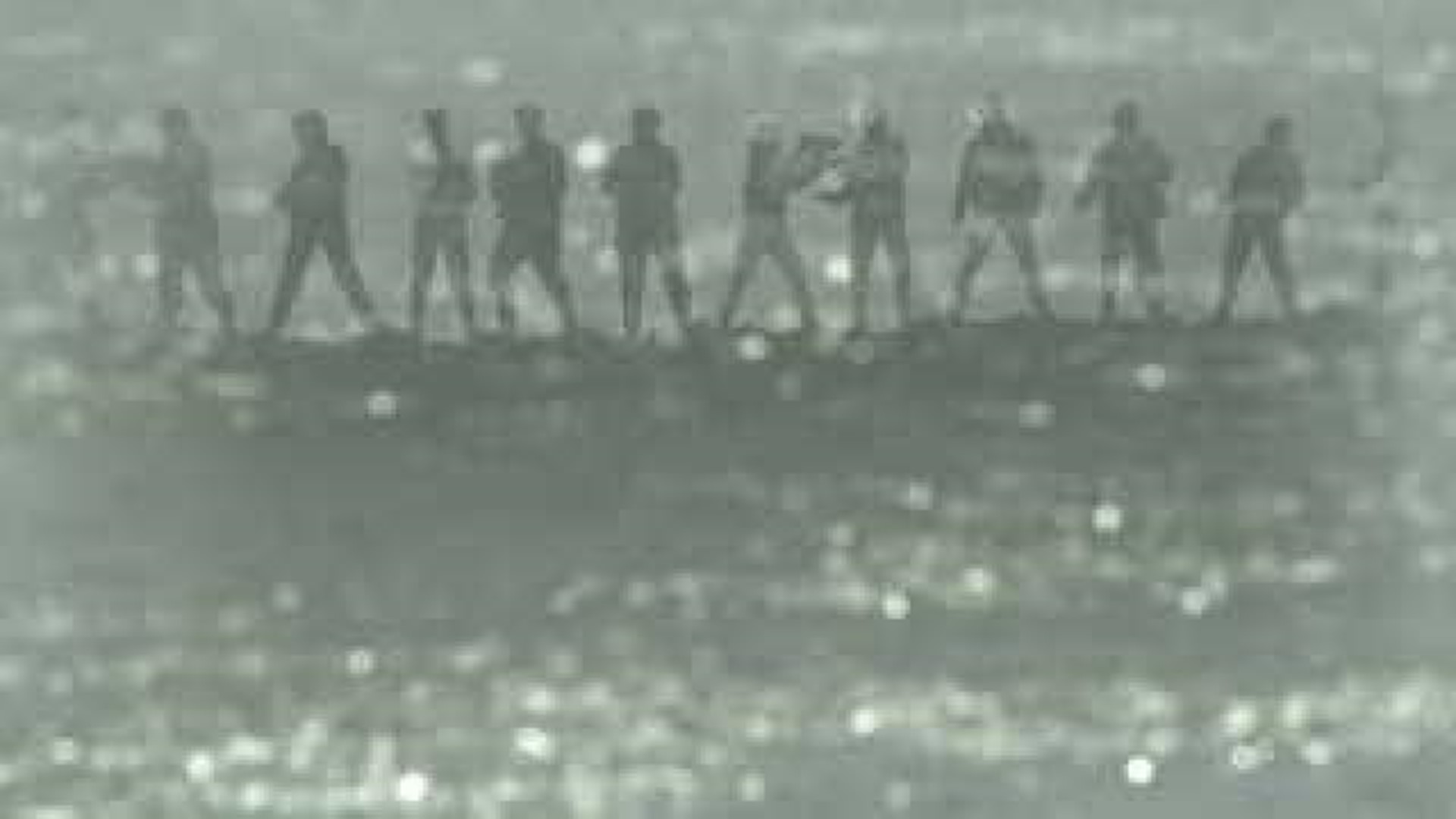Recent high water along the Mississippi River sparks memories of a tougher time nearly a half-century ago. That's when the entire community battled the Flood of '65.
That event led to major changes for protecting local communities.
It's a pleasant morning for Jeff Weindruch and Connie Flick. But they're remembering a very unpleasant time.
"There was a small army of volunteers down here," Weindruch said.
Childhood buddies from Bettendorf recall the Flood of '65, walking along flood protection that didn't exist back then.
"It was just amazing all the help that we got," Flick said.
There are black-and-white memories in vintage WQAD news film. But the images remain quite colorful for those who were there.
Without permanent flood protection, it was a fight to the finish.
"You were shoveling," Weindruch remembered. "And they had these twist things. Just load them all on, load them off."
Nearly 48 years to the day when the Mississippi reached a then-record crest of 22.48 feet, the Bettendorf Middle School students joined sand bagging brigades. With schools shut down for days, it was just the right thing to do.
"There must have been 15 to 20 guys," Weindruch said. "We would line up, and you just passed sandbags."
"People you didn't even know stepped in," Flick continued. "They worked non-stop, day and night."
Quad Cities blues man Ellis Kell was just 10 years old in 1965.
"The Flood of '65 will always be the great flood to me," he said.
Massive high water stuck with the Rock Island youngster.
"I remember being down at the foot of 20th Street and standing behind the flood wall. My dad was telling me on the other side that the water was almost to the top of it," he said.
Years later, he wrote a song about it. The real-life drama became a natural subject.
Ellis Kell, Sr., spent long hours on heavy equipment. That's where he fought the flood and later built the Rock Island levee with others.
"I think about my dad every time I go across that bridge," he said.
It offered protection from even harsher flooding to come in later years.
"I can still remember coming back from Davenport to see my sister and seeing him go back and forth on that dozer," he continued.
News film reveals a river's wrath. There were struggles against current to save the Quad Cities. Without permanent protection, communities sand-bagged, pumped water and hoped for the best.
Modern Woodmen Park, then known as John O'Donnell Stadium, became the poster child for flooding back in 1965. But those days are over after a series of improvements.
The water-logged ballpark was adapted with berms and removable panels. Decades later, it saved the stadium.
"Even the gates here can be shut," said Dr. Roald Tweet, standing in Rock Island's Schwiebert Park.
Dr. Tweet was a young English professor at Augustana College in 1965. He remembers the teamwork.
"It is the students who came down here and built those sandbags by themselves that saved, in particular, Rock Island," he said.
That labor eventually inspired a levee that protects Rock Island today.
Then and now, Davenport's former Peterson Paper Company is waiting to become housing. The once-Clayton House is a boarded up relic these days.
But there are plenty of survivors. A tribute outside Bettendorf City Hall honors the sandbagging students.
"The best feeling was when it was all done, and the water started going down," Flick recalled.
Students like Connie Flick and Jeff Weindruch who pitched in with hundreds of others.
"It was a sense of victory," Flick continued. "It was really a neat feeling."
"If somebody needs help, we help them out," Weindruch concluded. "That's just the way it is."
Lessons from '65 they live by today all over the Quad Cities.

